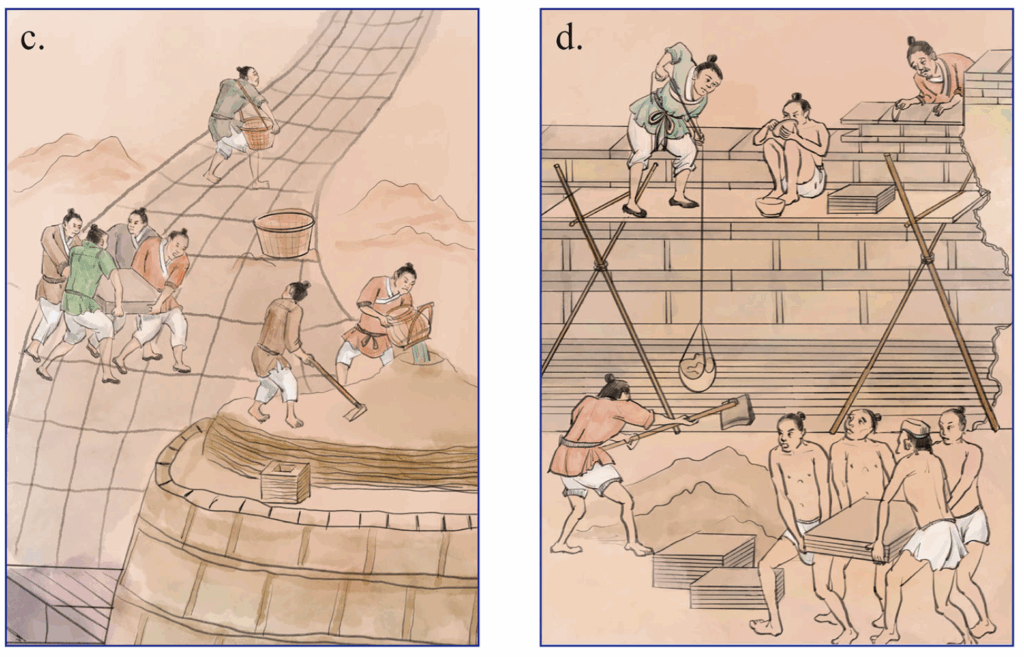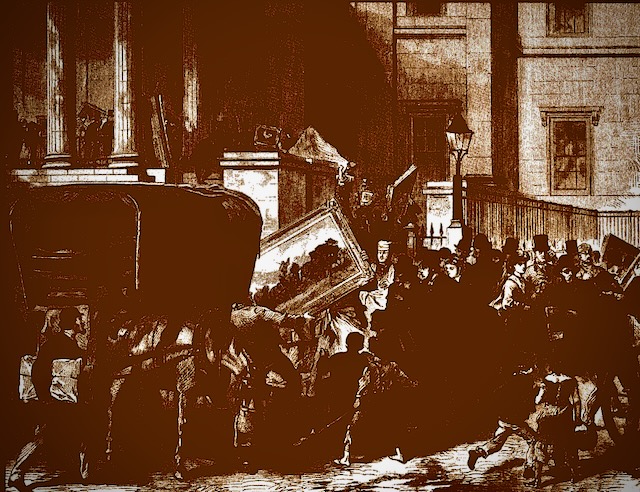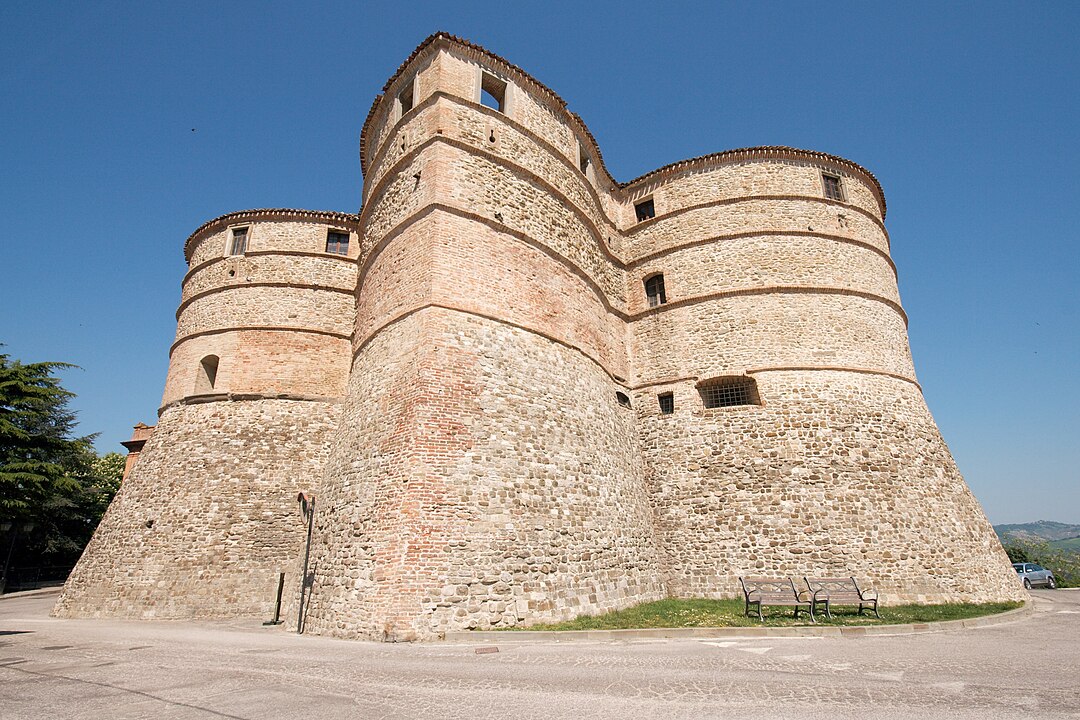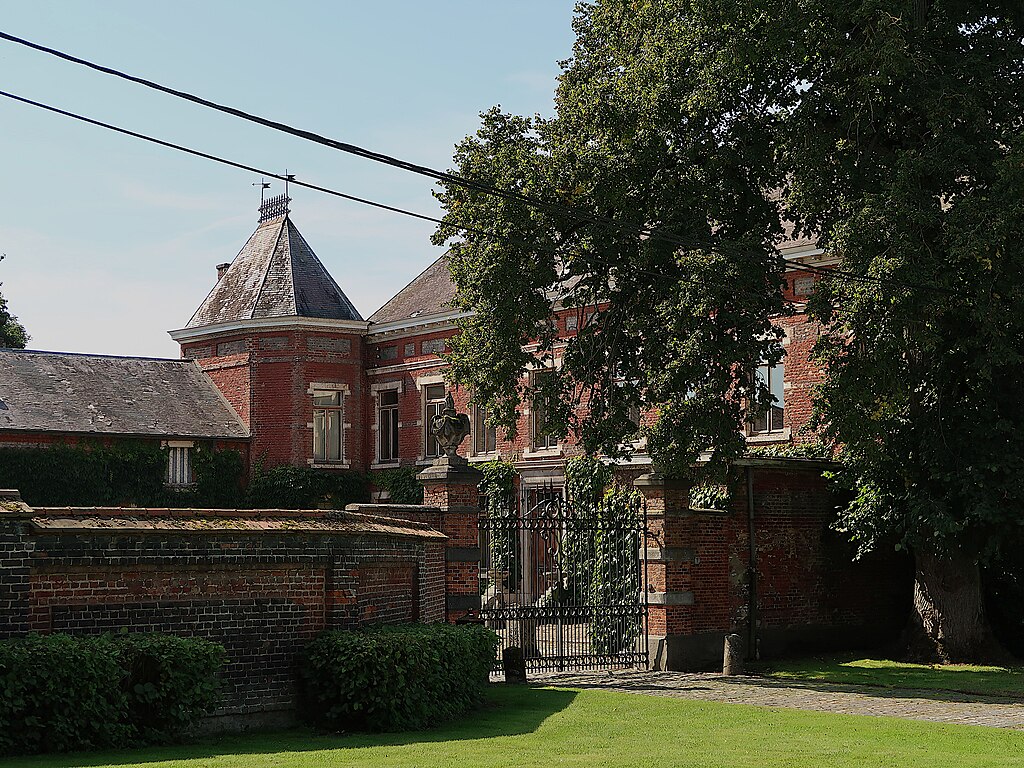UNESCO and World Bank on Cultural Heritage and Reconstruction
CURE (Culture in City Reconstruction and Recovery) is a position paper published in 2018 by UNESCO and the World Bank Group that offers, according the foreword (Mr Enrico Ottone and Mr Ede Ijjasz-Vasquez), “a framework on Culture in City Reconstruction and Recovery and operational guidance for policymakers and practitioners for the planning, financing, and implementation phases of post-crisis interventions for city reconstruction and recovery“.
The document can be downloaded either by the UNESCO website or the World Bank website,
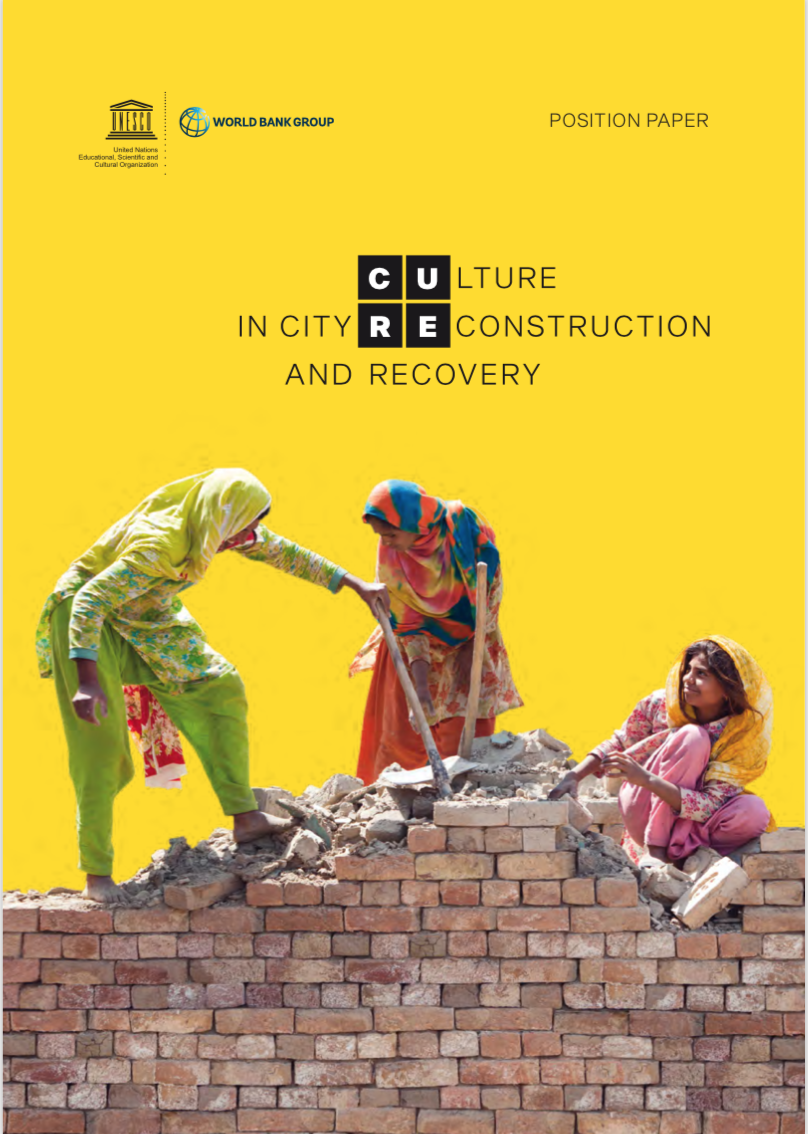
In the document the growing, unprecedented, urbanization, together with the increase of frequency of natural caused disaster, are considered to be exposing both the urban areas and people’s collective memories and symbols of their cultural identities to a particuarly severe risk. Conflicts are worsening such risk, since Cultural Heritage has grown as one of the first target of terrorism and wars.
The Executive Summary of the paper states that “the CURE Framework is a culture-based approach to the process of city reconstruction and recovery in post conflict, post disaster and urban distress situations that accounts for the needs, values and priorities of people. It provides a roadmap for post-crisis economic devel- opment and the management of complex social, spatial, and economic transformations, while addressing the shortcomings of current reconstruction and recovery processes and enhancing their effectiveness and sustainability.“
The seven priciple of the CURE paper
The studies carried out the draw the paper has lead the authors to summarize in seven principle the approach to reconstruction of urban areas:
– Principle 1. Acknowledging the city as a “cultural construct” where built structures and open spaces are closely linked to the social fabric.
– Principle 2. Starting the reconciliation process with the (re)construction of cultural landmarks and places of significance to local communities.
– Principle 3. Fostering cultural expressions to offer appropriate ways to deal with post-crisis trauma and reconcile affected communities.
– Principle 4. Prioritizing culture early in the planning process, starting with needs assessments and the implementation of emergency interventions that reflect community priorities.
– Principle 5. Engaging communities and local governments in every step of the recovery process.
– Principle 6. Using finance models that balance imme- diate/short-term needs with the medium/long-term development timeframe of reconstruction plans.
– Principle 7. Ensuring effective management of the reconstruction process by striking a balance between people’s needs and the recovery of a city’s historic character.
The four phases of operation
According to the position paper, four phases characterize the operation of reconstructing cities:
1. Damage and Needs Assessment and Scoping. This phase includes the assessment of damages and impacts to tangible and intangible cultural heritage, the cultural and creative industries, housing stock and land resources, services and infrastructure, and the tourism sector, as well as the resulting economic losses to the affected population from the interruption of services and use of assets. Building on the damage and needs assessments, a scoping process is conducted, which includes data collection, asset mapping, stakeholder mapping and the development of a vision for city reconstruction and recovery.
2. Policy and Strategy. This phase outlines the policies, strategies and planning process that translate the damage and needs assessments and vision into plans and planning regulations, through participatory approaches where stakeholders and communities are fully engaged.
3. Financing: This phase includes the identification of modalities to finance the reconstruction and recovery process combining public and private financing, as well as other funding sources, the management of land resources (one of the most critical assets cities possess), and development of financing tools and incentives.
4. Implementation. This phase, which is critical to the success and sustainability of post-crisis reconstruction and recovery efforts, includes setting up effective institutional and governance structures, a risk management strategy, and a communication and engagement strategy.
The Authors state that, as the cities emerge from crises, find themselves faced with the need to reconcile communities, to promote economic development, and to manage complex social, spatial, and economic transformations. Thus, restoring social cohesion and reconciliation in conflict areas and rebuilding community resilience after a shock are significant challenges.
Since culture is a major source of resilience the cultural industries can contribute to economic growth, to promote social inclusion, and to bolster a city’s image. So, cultural heritage provides cities with a distinctive character and a factor that enhances their attractiveness and competitiveness while contributing to their economic recovery. Culture is therefore critical for post-crisis reconstruction and recovery processes.
The CURE Framework adopts a culture-based approach to ensure that community needs, values, and priorities are central to recovery and reconstruction processes while safeguarding intangible heritage, fostering social inclusion, promoting creativity and innovation, and contributing to dialogue and peacebuilding initiatives.
Based on the consideration that integrating culture into sustainable urban development policies will contribute to making these cities more inclusive, safe, resilient, and sustainable, three main messages emerge from the Position Paper:
1. Culture plays a key role in post-crisis reconstruction and recovery processes
2. Culture should be acknowledged as the foundation that integrates people-centered and place-based policies
3. To produce an effective city reconstruction and recovery program requires mainstreaming culture across the damage and needs assessment, scoping, planning, financing, and implementation stages
